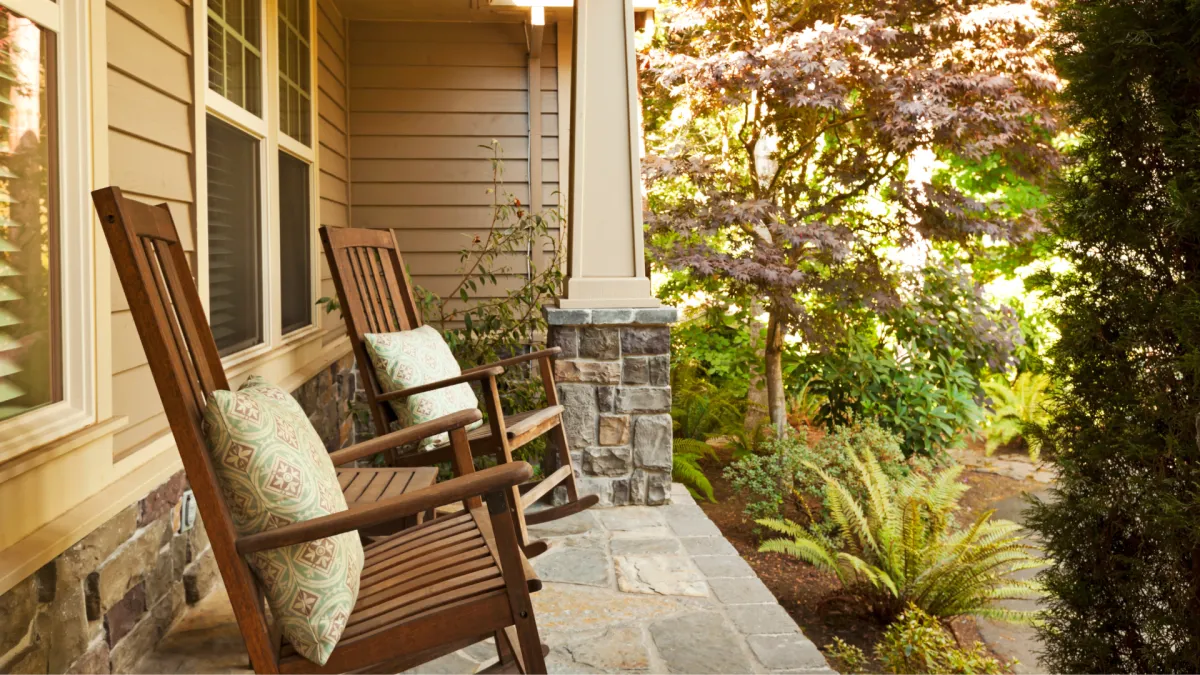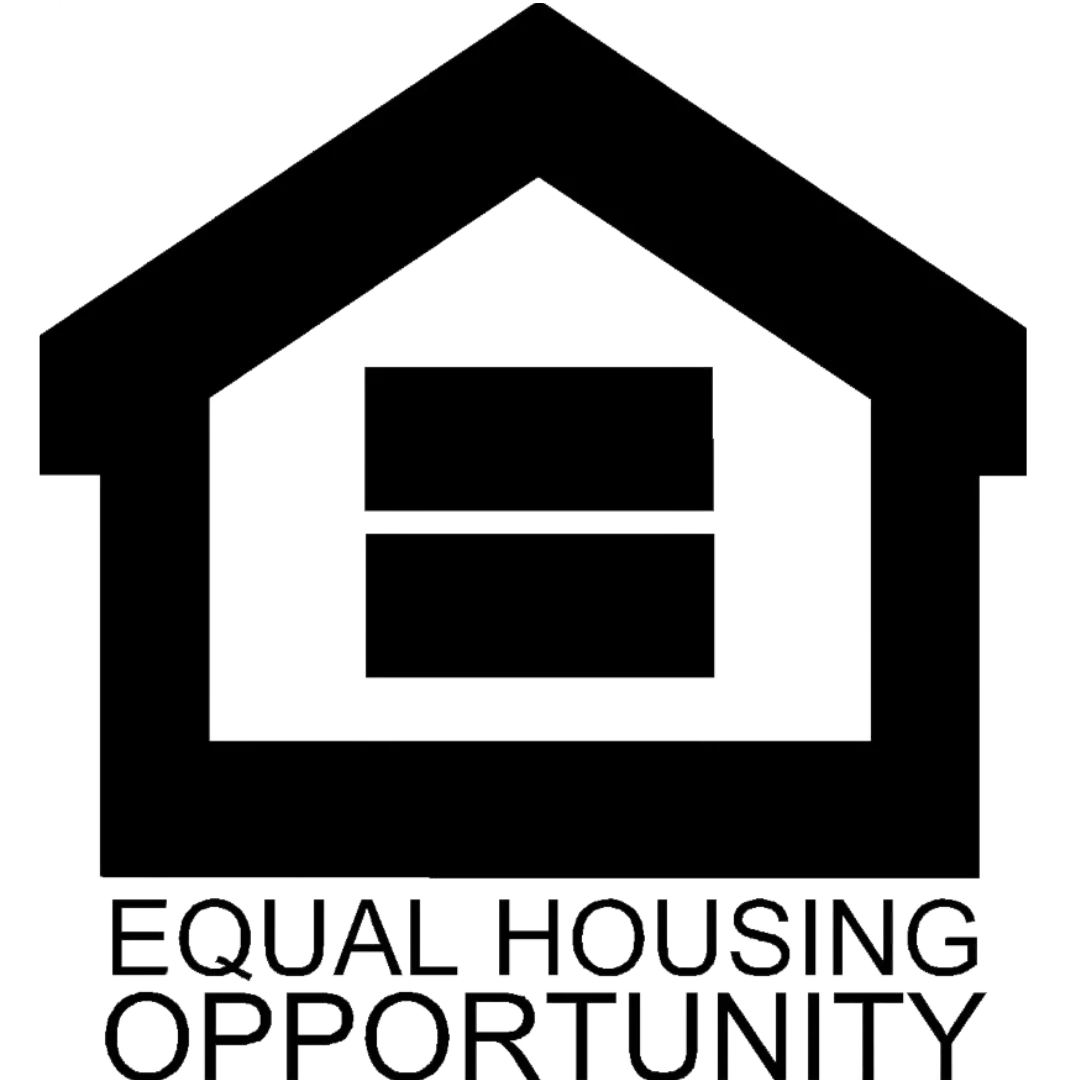
Loan Programs
Reverse Mortgage
A reverse mortgage is a type of loan available to homeowners aged 62 or older, allowing them to convert a portion of their home equity into cash while retaining ownership of their home. Unlike traditional mortgages, where the homeowner makes monthly payments to the lender, a reverse mortgage pays the homeowner, typically in the form of lump sums, monthly payments, or a line of credit. The loan is not due for repayment until the borrower moves out, sells the home, or passes away.

Key Features of Reverse Mortgages
Types
Home Equity Conversion Mortgages (HECMs): The most common type of reverse mortgage, insured by the Federal Housing Administration (FHA). HECMs are subject to lending limits and require borrowers to meet with a HUD-approved counselor before applying.
Proprietary Reverse Mortgages: Private loans not insured by the FHA and typically offered by banks or mortgage companies. These may allow for larger loan amounts than HECMs, especially in high-value homes.
Single-Purpose Reverse Mortgages: The least expensive option, offered by some state and local government agencies and non-profits for a specific purpose, like home repairs or property taxes. Availability is limited and based on the borrower's income or needs.
Eligibility
To qualify, at least one homeowner must be 62 or older, own the home outright or have a substantial amount of equity, and the home must be the primary residence.
Loan Amount
The amount that can be borrowed depends on the borrower's age, the home's value, the amount of equity, and current interest rates. Generally, older borrowers with higher home values and lower outstanding mortgage balances qualify for larger amounts.
Payment Options
Borrowers can choose to receive funds as a lump sum, fixed monthly payments, a line of credit, or a combination of these options.
Fees and Costs
Reverse mortgages come with various fees, including origination fees, closing costs, and ongoing mortgage insurance premiums for HECMs.
Repayment
The loan becomes due when the last surviving borrower dies, sells the home, or no longer uses it as their primary residence. The home is usually sold to repay the loan, and any remaining equity goes to the borrower or their heirs. If the sale does not cover the full amount, FHA insurance (for HECMs) covers the difference
If you have questions on whether a Reverse Mortgage is right for you, let's chat!

For information purposes only. This is not a commitment to lend or extend credit.
Information and/or dates are subject to change without notice. All loans subject to credit approval.
CA Department of Real Estate #01505999
©2024 RHM Loans | NMLS: 2436860 |
